Should I Trust My Trust?
When it comes to estate planning, creating and maintaining a trust can be an efficient way to protect your wealth and secure your legacy for future generations. Trusts offer numerous benefits, such as privacy protection, probate avoidance, and creditor protection. However, not all trusts are created equal, and it is essential to consider some key differences when selecting the right trust for your needs.
Here are three important questions to ask yourself when reviewing your estate documents:
Are the people you have named as beneficiaries still the people you want to inherit from your estate? As circumstances change, it is important to ensure that the individuals you have chosen to inherit your assets are still the right choice.
Are your named agents and the successor trustee(s) still able to step in and act on your behalf? It is important to ensure that the individuals you have designated as your agents and trustees are still willing and able to fulfill their roles.
Is your trust titled properly? A trust must be titled correctly to ensure that it is legally valid and that its assets are properly managed and distributed according to your wishes.
Types of Trusts
Revocable Trust (Also referred to as Living Trust): A revocable trust is a trust that can be revoked, meaning it can be changed or updated. During the life of the trust, income earned is distributed to the grantor, and only after death does property transfer to the beneficiaries of the trust.
Benefits:
Typically avoids probate, offers privacy protection and the flexibility to make changes.
Living trusts ensure property and assets remain managed without interruption if incapacity occurs.
Disadvantages:
Generally, does not have creditor protection or tax saving benefits.
Irrevocable Trust: An irrevocable trust is a legal arrangement in which assets are placed under the control of a trustee, and the terms of the trust cannot be altered, modified, or terminated by the grantor (person who sets up the trust) without the permission of the named beneficiary.
Benefits:
Assets in an irrevocable trust can help reduce estate taxes since they are not considered part of the grantor's taxable estate. Additionally, if the trust generates income that is distributed to beneficiaries, this income is often taxed at a lower rate to those beneficiaries.
Provides asset protection from creditors, lawsuits, and other potential financial risks.
Disadvantages:
Most irrevocable trusts have their own separate tax identification numbers, which means that the IRS and state taxing authorities have a record of the existence of these trusts. Form 1099 is required.
Loss of control: By establishing an irrevocable trust, you permanently relinquish control over any assets placed within it. You cannot amend or revoke terms without consent from the beneficiary.
Setting up and maintaining an irrevocable trust typically involves attorney fees and ongoing trustee management costs.
Determining the most suitable trust for you depends on your desired objectives, such as asset protection, legacy wealth transfer, or accommodating special needs. For example, in Illinois, there is a significant estate tax. Consulting a qualified estate planning attorney is crucial in identifying the best type of trust for your situation. Trusts are complex instruments, and this article provides only a basic overview of the topic as there are many different types of trusts.
Reference: https://trustandwill.com/learn/revocable-vs-irrevocable-trust

